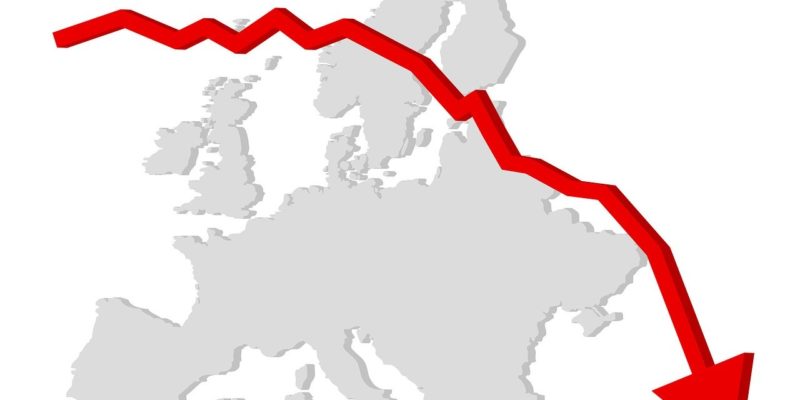The great decline of collective bargaining in the EU in the last 20 years

Collective bargaining is decreasing considerably in the European Union since 2000. According to the latest figures from the University of Amsterdam, at least 3.3 million workers stoped benefiting from a collective bargaining agreement compared to the beginning of the century.
Its coverage has decreased in 22 of the EU’s 27 member states -an average of a 20%-, with the biggest fall registered in Romania (100% to 23%), Greece (100% to 25%) and Bulgaria (56% to 23%). This also leads to a huge disparity across Europe, with just 7% of workers benefiting from collective bargaining in Lithuania compared to 98% in Austria.
The European Federation of Journalists (EFJ) joins the European Trade Union Confederation (ETUC) in demanding the European Commission to protect and extend collective bargaining in EU member states in order to reduce inequalities, improve working conditions and raise productivity.
ETUC is highlighting the figures during the European Commission’s consultation on fair minimum wages, where the Commission stressed, “Collective bargaining is an essential element of the social market economy promoted by the EU and a strong foundation for good wage setting”.
In mid-January, the European Commission has launched a consultation among social partners on minimum wage policy, the EFJ supported the ETUC’s push for the Commission to use its initiative on fair minimum wages to protect collective bargaining where coverage is already high and extend it in countries where it is low, and to include non-standard workers like freelances.
A second stage consultation will take place in April.












